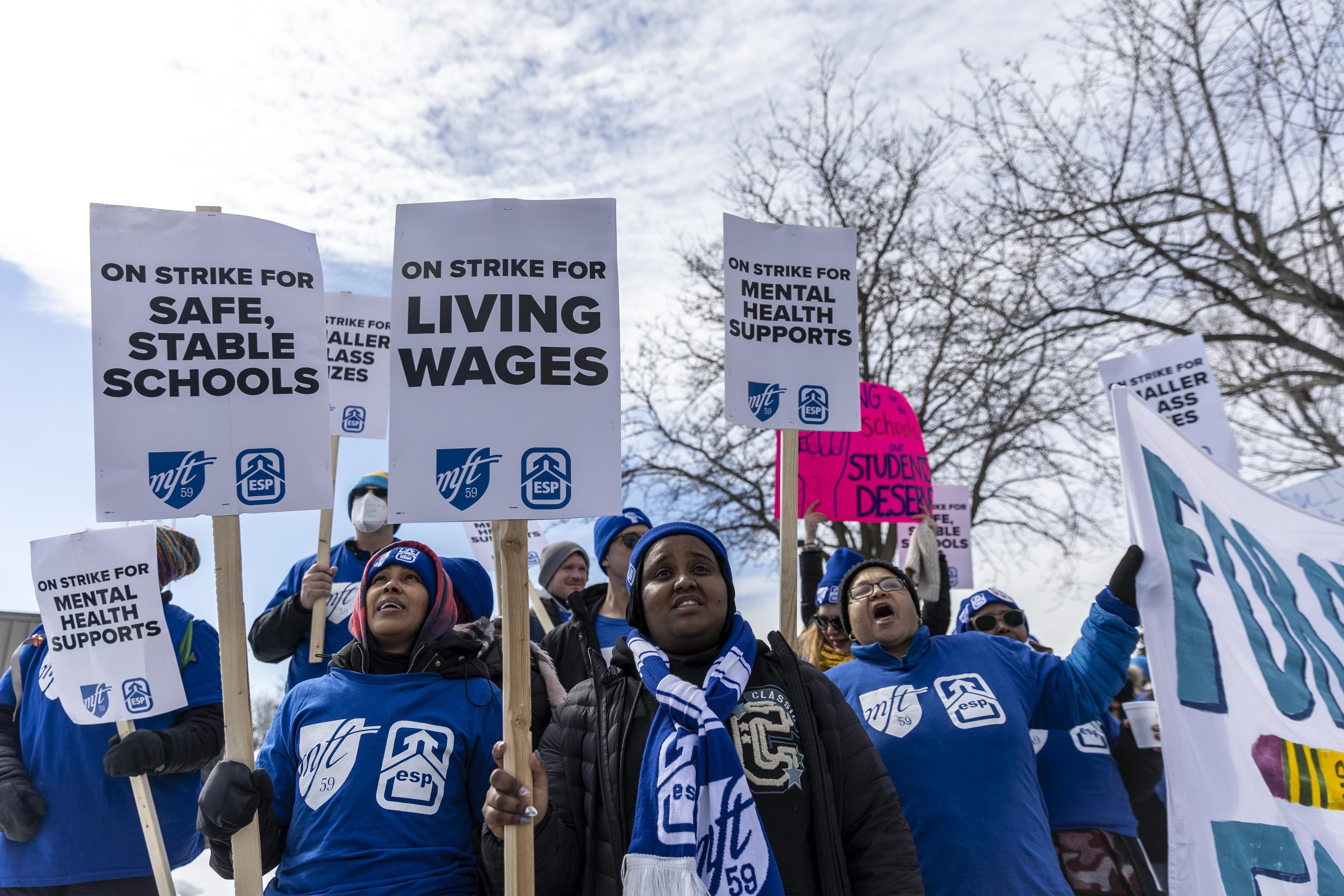Zelenskyy Speaks Out After Leaked UN Email Instructs Staff Not To Say 'War'
Ukrainian President Volodymyr Zelenskyy addressed a leaked U.N. email instructing staff not to characterize Russia’s attack on Ukraine as a “war” or “invasion,” but instead as a “conflict” or “military offensive.”
“I know this outraged many, and not only in Ukraine,” Zelensky said on a video posted on Telegram on Tuesday, according to CNN.
The U.N. email, with the subject line “Ukraine crisis communication guidelines,” was intended for internal use by staff. It also reminded workers to be careful about personal use of social media.
“We, as international civil servants, have a responsibility to be impartial,” the email read.
Zelenskyy said his representatives contacted the U.N. following the disclosure, first reported in the Irish Times on Tuesday.
“We made everything clear and quickly received assurances: there will be no lies in the U.N. structures,” Zelenskyy said. “There will be no playing along with the aggressor. The word ‘war’ will be heard on this site. Because that is the truth. We will not allow anyone in the world to ignore the suffering and murder of our people, our children.”
Earlier, Ukrainian Minister of Foreign Affairs Dmytro Kuleba accused the U.N. of censorship.
“It’s hard to believe that the UN could essentially impose the same kind of censorship as the Kremlin imposes inside Russia now by banning the use of words ‘war’ and ‘invasion’ among UN staff,” Kuleba tweeted on Tuesday. “I urge the UN to swiftly refute such reports if they are false. UN reputation at stake.”
In a since-deleted tweet posted on Tuesday, the official U.N. spokesperson account said the staff email was “fake.” A subsequent tweet omitted that assertion.
Stéphane Dujarric, spokesperson for the U.N. secretary-general, did not deny the email was sent to staff, but told the Irish Times “it can not be considered official policy.”
Dujarric on Tuesday told reporters at the U.N. daily press briefing that there were no banned words for staff on the subject of Ukraine.
“I just wanted to correct the mistaken impression that U.N. staff were told to avoid using certain words to describe the situation in Ukraine,” Dujarric said. “It’s simply not the case that there was some sort of global instructions to all U.N. staff not to use words like ‘war’ or ‘invasion’ to describe the situation.”
Two million Ukrainians have fled their country since the Russian invasion began, according to the U.N.
This article originally appeared on HuffPost and has been updated.


















